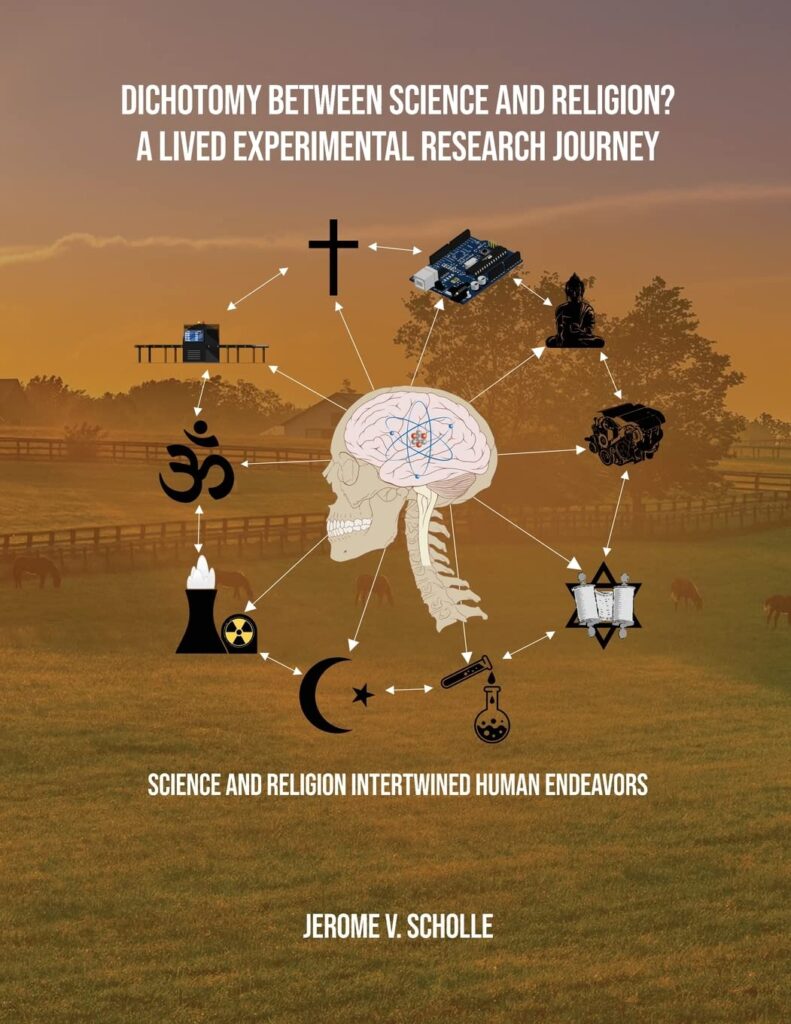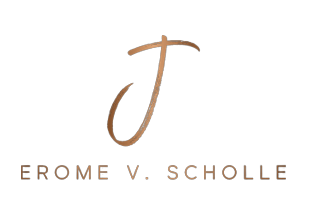All through mankind’s set of experiences, religious beliefs have advanced and changed, mirroring the cultural, societal, and philosophical settings of various social orders. Perhaps one of the main changes in religion is the shift from polytheism, the love of various divine beings, to monotheism, the confidence in a solitary heavenly element. In this blog, we investigate the authentic advancement of religious frameworks, looking at the variables that added to this progress and its importance in human comprehension of the divine. We draw bits of knowledge from Jerome V. Scholle’s book, “Dichotomy Between Science and Religion? A Lived Experimental Research Journey Science and Religion Intertwined Human Endeavors,” to enlighten the intricate transaction between religious convictions, human encounters, and cultural changes.

Ancient Polytheism: Worship of Multiple Deities
Polytheistic religions, portrayed by the love of various divine beings and goddesses, were predominant in antiquated civic establishments like Mesopotamia, Egypt, Greece, and Rome. These polytheistic conviction frameworks frequently consolidated a pantheon of divine beings, each related to explicit spaces like nature, war, fruitfulness, or the hidden world. The variety of divinities mirrored the diverse parts of human life and the normal world, with customs and services devoted to mollifying and respecting different divine beings.
Factors Contributing to Transition:
Cultural Exchange and Syncretism: Contact between different cultures through trade, conquest, and migration facilitated the exchange of religious ideas and practices. This cultural interaction led to the assimilation and syncretism of deities, rituals, and myths, paving the way for the emergence of new religious beliefs.
Philosophical Inquiry: The intellectual curiosity of ancient philosophers, such as those in ancient Greece and India, prompted critical reflections on the nature of divinity, existence, and morality. Philosophical movements like Platonism, Stoicism, and Vedanta explored metaphysical concepts and sought to elucidate the ultimate reality underlying the cosmos.
Political Centralization: The rise of centralized empires and monarchies brought about changes in religious practices and beliefs. Political leaders often sought to consolidate their authority by promoting the worship of a supreme deity associated with divine kingship or cosmic order, thereby influencing religious reforms and monotheistic tendencies.
Emergence of Monotheism: Worship of a Singular Deity
Monotheistic religions, such as Judaism, Christianity, and Islam, introduced the concept of a single, omnipotent, and transcendent God. These monotheistic faiths emerged in various historical contexts, each building upon earlier religious traditions while offering new theological insights and ethical principles. The transition to monotheism represented a profound shift in human understanding of the divine, emphasizing the unity, sovereignty, and moral attributes of the divine being.
Significance of Evolution:
Conceptual Unity: Monotheism provided a unified framework for understanding the divine, transcending the plurality of gods and offering a coherent conception of cosmic order and moral law.
Ethical Imperatives: Monotheistic religions emphasize ethical monotheism, wherein believers are called to uphold moral principles and ethical conduct in accordance with divine commandments and teachings.
Cultural Influence: Monotheistic religions exerted significant cultural, social, and political influence, shaping the course of history and contributing to the development of civilization, art, literature, and philosophy.
Insights from Scholle’s Work:
In “Dichotomy Between Science and Religion? A Lived Experimental Research Journey Science and Religion Intertwined Human Endeavors,” Jerome V. Scholle investigates the intricate interplay between science, religion, and human experience. Scholle’s experiences shed light on the social, mental, and existential elements of religious belief and practice, offering important points of view on the advancement of religious frameworks and their getting through importance in human affairs.
The development of strict frameworks from polytheism to monotheism mirrors the powerful exchange of cultural, societal, and philosophical powers forming human convictions and values. While polytheism commended the variety and multiplicity of divine manifestations, monotheism offered a bound-together vision of the divine, rousing moral beliefs and moral objectives. By following this developmental direction, we gain further bits of knowledge into the human journey for significance, transcendence, and profound satisfaction, enlightening the rich woven artwork of religion and experience across the ages.
